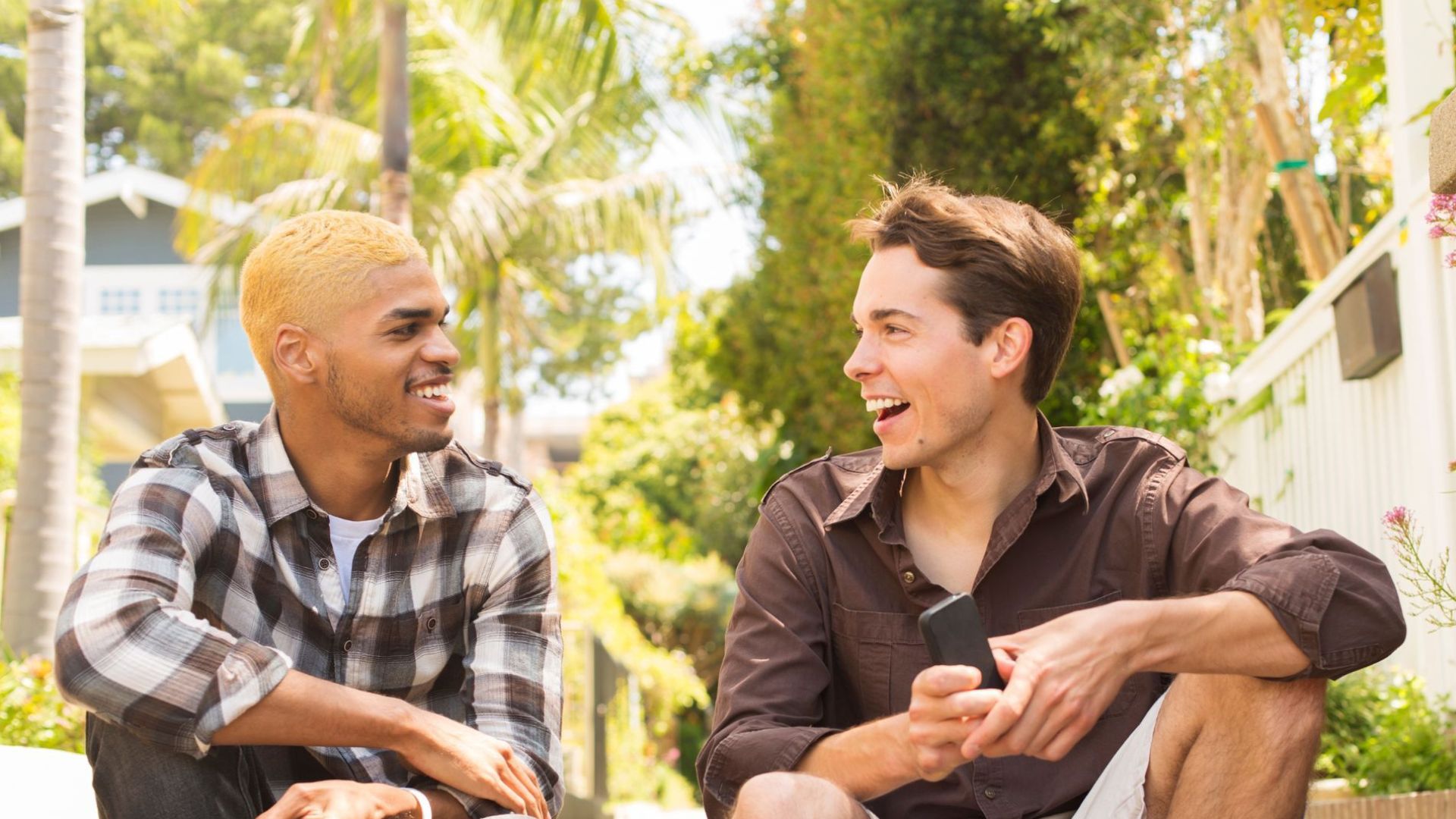Healing happens when teens feel connected – not just to others, but to themselves. At White River Academy, our Experiential Therapy program gives adolescents the opportunity to grow through movement and creativity. Our Utah-based therapeutic boarding school offers a structured, supportive space where therapy becomes an experience, not just a conversation.
This hands-on approach encourages teens to explore their emotions, develop resilience, and practice healthy coping skills. It’s particularly impactful for teens struggling with addiction, emotional trauma, or oppositional behavior, especially when talk therapy alone hasn’t been enough.
Experiential Therapy is an action-based approach that allows teens to explore their emotions and behaviors through guided activities rather than traditional talk therapy. By engaging in real-time experiences, adolescents can safely process difficult feelings and learn how to respond in healthier ways.
Activities may include role-playing, art projects, team-building games, or challenging outdoor tasks that simulate emotional and social situations. These therapeutic exercises help teens develop self-awareness, improve communication, and build trust with others.
At White River Academy, our therapists intentionally guide each teen through these experiences, tailoring sessions to their unique emotional needs. This engaging process helps adolescents gain emotional strength and the tools to face life with confidence.
Our Experiential Therapy program provides meaningful benefits for teenagers working through behavioral and emotional struggles:
By engaging teens in real-time experiences, we help them translate emotional insight into practical life skills that support long-term growth and healing.
Why Choose us?
At White River Academy, we believe that real growth happens through experience. Our Experiential Therapy program is fully integrated into daily life at our therapeutic boarding school. It allows adolescents to apply what they learn in real time, whether through creative expression, outdoor challenges, or peer collaboration.
What sets us apart is our ability to combine evidence-based clinical care with hands-on therapeutic experiences that foster emotional resilience, leadership, and personal accountability. Each activity is tailored to meet the individual needs of our students, supporting them as they build confidence and learn to navigate complex emotions.
Families choose us because we offer lasting change, not just short-term solutions. Through structure, compassion, and experience, we help teens reclaim their path with purpose.

17 years
Successfully Helping Families
15 years
Treating Sex Addiction & Compulsivity
92%
Graduation Success Rate
10 years
Of Family Advancement & Foster Care Experience
200 +
Community Service Improvement Projects Completed
17 years
Successfully Helping Families
15 years
Treating Sex Addiction & Compulsivity
92%
Graduation Success Rate
10 years
Of Family Advancement & Foster Care Experience
200 +
Community Service Improvement Projects Completed
We understand that seeking treatment for your child can raise many questions. To help you make informed decisions, we’ve compiled answers to some of the most frequently asked questions about our programs and our approach to treating teenagers.
If you don’t find the information you’re looking for, please don’t hesitate to contact our admissions team for personalized assistance.
While both involve engaging activities, Experiential Therapy is guided by clinical goals and facilitated by trained therapists. The focus is on emotional processing, insight, and behavioral change, not just enjoyment or physical movement. Each experience is used as a tool for reflection and growth, helping teens make connections between their actions, emotions, and relationships.
Yes, all experiential activities are adapted to suit each teen’s physical, emotional, and psychological needs. We ensure inclusivity by offering a range of activities that vary in physical demand so that every student can participate meaningfully. Safety, comfort, and therapeutic relevance are always prioritized in the planning and execution of sessions.
No, Experiential Therapy complements, not replaces, traditional therapy. It is part of a comprehensive treatment model that includes individual therapy, group counseling, academic support, and family engagement. This integrated approach ensures that teens receive well-rounded care that addresses both emotional insight and practical life skills.
Yes, each session is documented by the facilitating therapist, including observations, emotional responses, and progress toward therapeutic goals. These notes contribute to the student’s overall treatment plan and are used to inform ongoing clinical decisions. Evaluations help ensure the therapy remains aligned with the teen’s evolving needs.
Yes, experiential activities are often ideal for teens who struggle with social anxiety or shyness. The non-verbal and action-based nature of the therapy allows them to participate at their own pace while gradually building confidence. Over time, they become more comfortable expressing themselves and engaging with others in supportive, low-pressure settings.